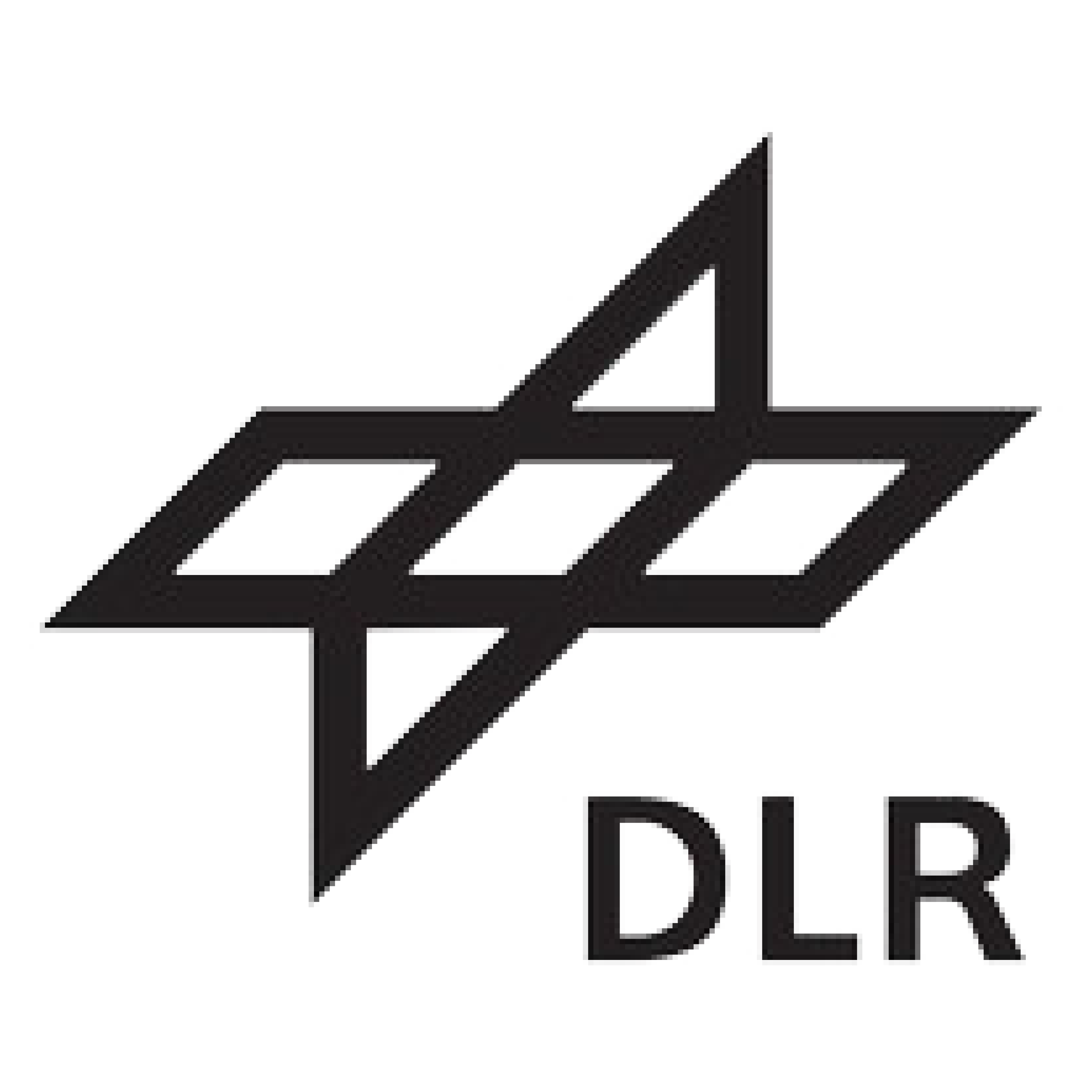
SAIL: SustAInable Life-cycle of Intelligent Socio-Technical Systems
Artificial Intelligence (AI) is ubiquitous in our societies and a key driver of economic growth. This comes with societal and technological challenges, as the increasing proliferation of current AI to society can reduce the autonomy of humans instead of supporting it. This challenge has led to the demand for a new wave of sustainable AI, which is transparent, allows for human agency, and is safe, robust, and resource-saving. Achieving these goals requires novel approaches that intertwine expertise in AI with attention to societal and environmental impacts. Sustainable AI can thus only be reached through cross-disciplinary research, which combines expertise in computer science and engineering with expertise in psychology, linguistics, and sociology as well as strong relations to industry to deliver innovations to the market.
To enable humans to remain in control of AI technology development, we require a fundamentally new perspective on how AI is embedded in the social process of building and using intelligent technical systems (ITS). SAIL focuses on three crucial research objectives towards sustainable ITS which are aligned with the dedicated goals of a European AI and have a high relevance for NRW’s future industrial sectors:
Human agency to shape cooperative intelligence: Human agency and the capability to shape systems according to human needs rather than vice versa. Human intervention and human-machine partnership are crucial cornerstones for the long-term reliability of AI in human-centered environments and intelligent assistance systems.
Prosilience and long-term robustness through human-centered design: AI technologies can be supported by mathematical guarantees – yet these hold for well-defined settings of the introduction phase and for ‘technical’ objectives rather than human-centered ones (e.g., fairness). Complex ITS violate these prerequisites during their life-cycle, since the behavior of society, the human partner, and the technical environment can be subject to (unexpected) variations. Within SAIL, we aim for prosilience as a fundamental design principle for robust behavior in unexpected situations with respect to diverse (technology-centered and human-centered) requirements.
Sustainability and efficiency in human-centered environments: Current AI models for ITS can contain hundreds of billion model parameters and tokens for training. These exhaustive resources limit their availability for fast model adaptation in human-machine interaction and continued adaptation during their life-cycle. Further, there is a great need for data- and resource-efficient AI technologies in the light of AI’s ecological footprint. SAIL will leverage and connect societal insights, cognitive components and novel engineering technologies to create innovative approaches for data economy and knowledge integration, energy efficiency, and cognitive efficiency.
These objectives will be pursued with a special focus on two application domains which address ITS with particular societal and industrial relevance: intelligent industrial work spaces and Aadaptive health care assistance systems. These dedicated transfer scenarios facilitate the integration of interdisciplinary research and act as catalysts to cover the spectrum of fundamental research up to technology transfer.
Here you receive further information.

